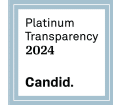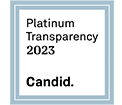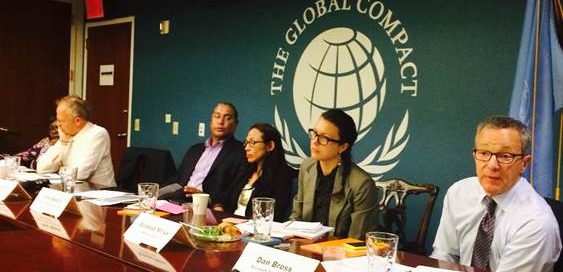Though intervention in Syria and climate change demonstrations dominated headlines last week during the UN General Assembly, another significant event was also underway, the first UN World Conference on Indigenous Peoples, inaugurated by Evo Morales and Ban Ki-moon. Soledad Mills, Equitable Origin’s Vice-President of Standards & Stakeholder Engagement, was invited to speak at the conference as part of the roundtable discussion on Business and Support for the Rights of Indigenous Peoples, co-sponsored by the UN Global Compact and Tribal Link. The roundtable explored innovative approaches to addressing the challenges Indigenous Peoples face around the world in light of the growing impacts of globalization and transnational corporations. Respect for Indigenous Rights is gaining increasing recognition as a vital component of the success and sustainability of businesses that effect or work in close proximity to indigenous communities.

Mills’ talk focused on the impacts of extractive industries on Indigenous Peoples, the subject of a report by the former Special Rapporteur on the rights of Indigenous Peoples, James Anaya in 2013 and a key aspect of Equitable Origin’s mission: the protection of the people, environment and biodiversity affected by oil and gas exploration and production. Land is extremely important for many Indigenous Peoples throughout the world in the struggle for legal recognition of territories and organizations. In addition to land’s spiritual significance, land and ecosystems are often the source of indigenous communities’ livelihoods. The environmental impacts of extractives development can be particularly threatening to Indigenous communities if land becomes inaccessible, infertile or polluted or if development brings about cultural impacts that threaten the traditional fabrics of communities.
EO’s engagement around Indigenous Peoples issues is fundamental to the EO100TM Standard, particularly within Principle 4. Based on the principles of Free Prior and Informed Consent (FPIC), multi-stakeholder engagement, conflict mitigation, and local participation in the decision-making and monitoring processes, the EO100 is a powerful tool for Indigenous Peoples (read Amazonian indigenous leader Jhon Wajai’s blog on the subject here) to hold corporations accountable for how they operate in their territories. Indigenous peoples, mostly in Ecuador and Colombia, were consulted on the Standard and continue to be involved in updating and revising the principles and provisions.



